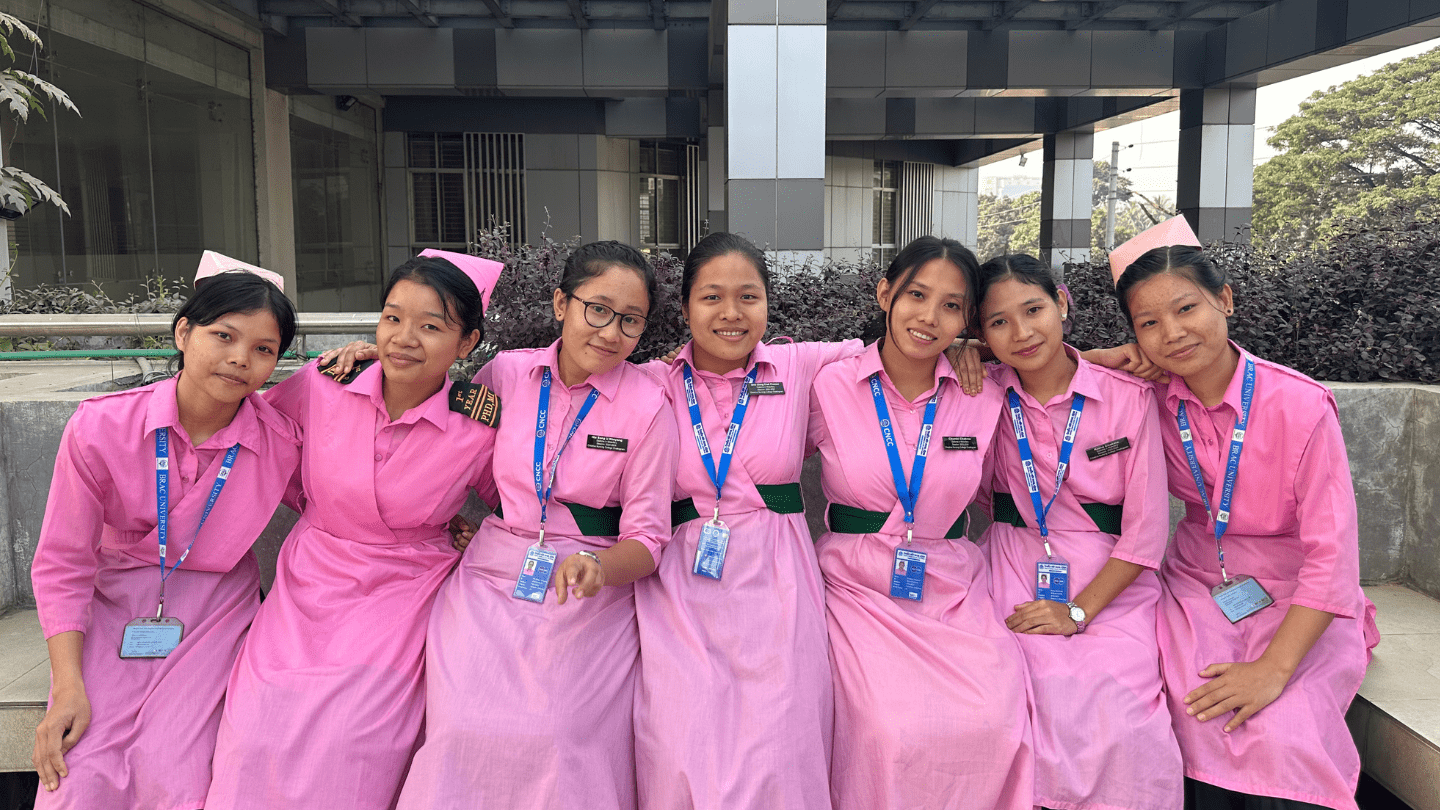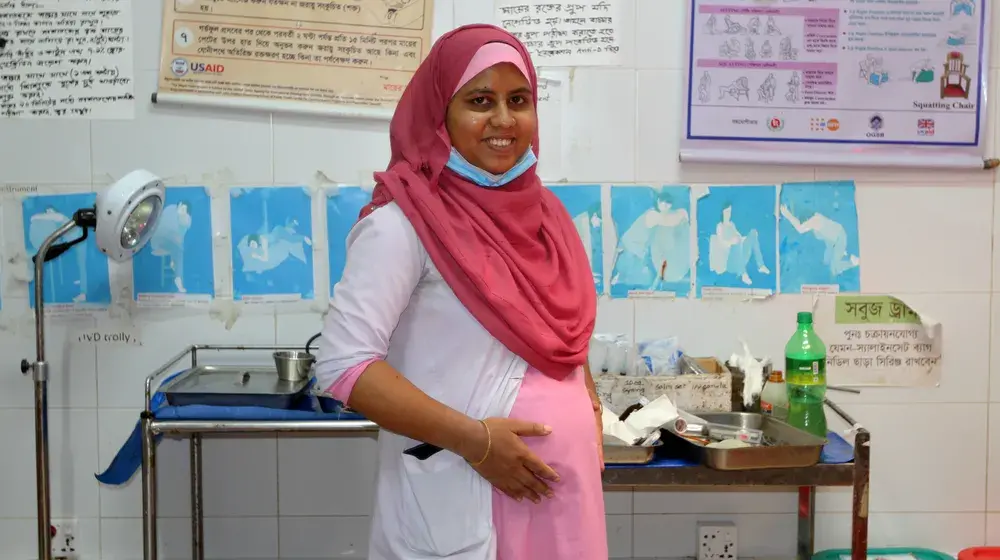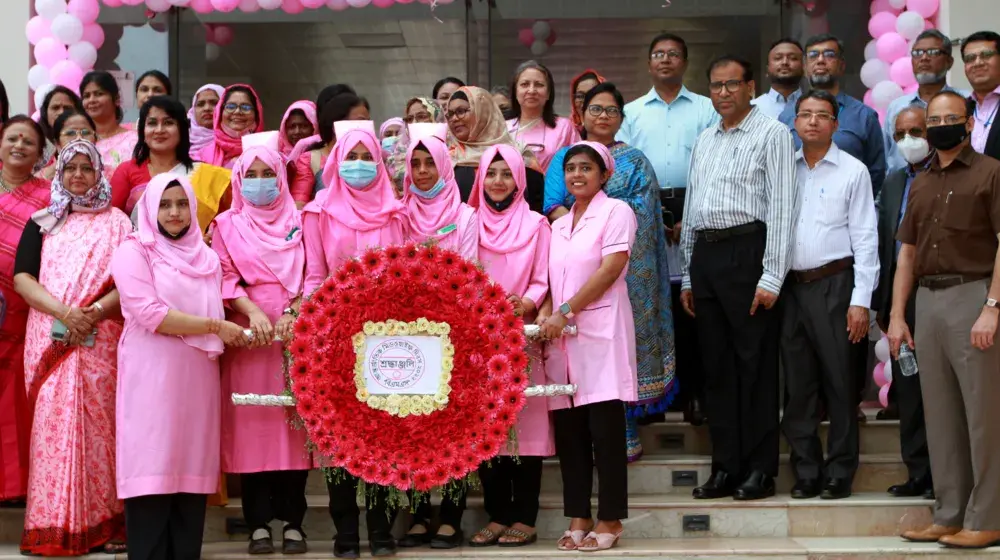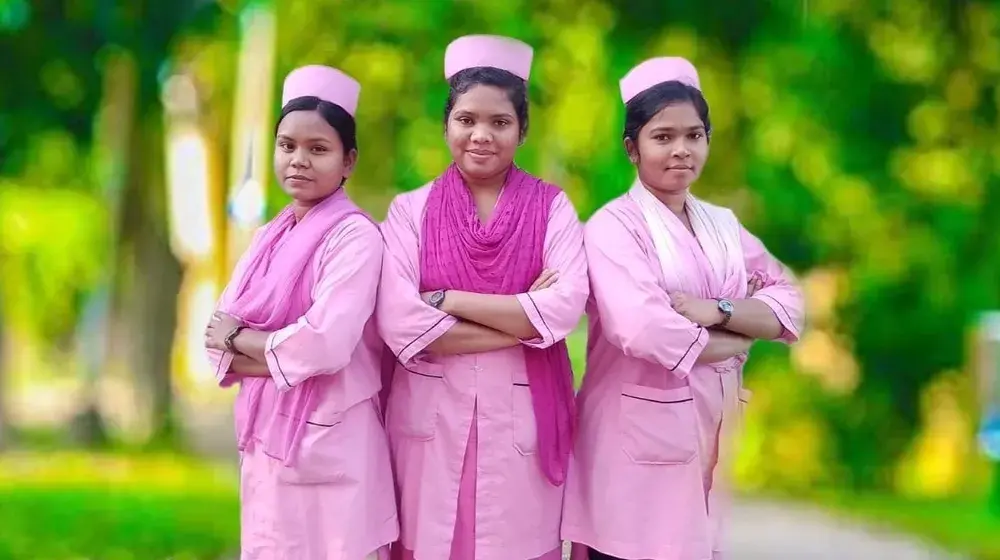UNFPA Bangladesh Awards Midwifery Scholarships to Indigenous Girls from Chittagong Hill Tracts to improve maternal and sexual and reproductive health and rights (SRHR) in the region
In a significant development toward equitable healthcare, UNFPA Bangladesh has awarded scholarships to seven indigenous girls from the Chittagong Hill Tracts (CHT) to study midwifery. A region, comprising of three districts, Bandarban, Khagrachari and Rangamati and more than eleven ethnic communities, all with different language and culture, where life’s rugged beauty contrasts sharply with the challenges of accessing basic healthcare, these scholarships will go a long way in improving equity in maternal and sexual and reproductive health in the Hills.
Offered to three girls each from Khagrachari and Bandarban and one from Rangamati, these seven girls are from some of the most marginalized ethnic communities of the Chittagong Hill Tracts. Once graduated and deployed in the health facilities of their communities, these girls will be the answer to high number of home deliveries in the Hills.
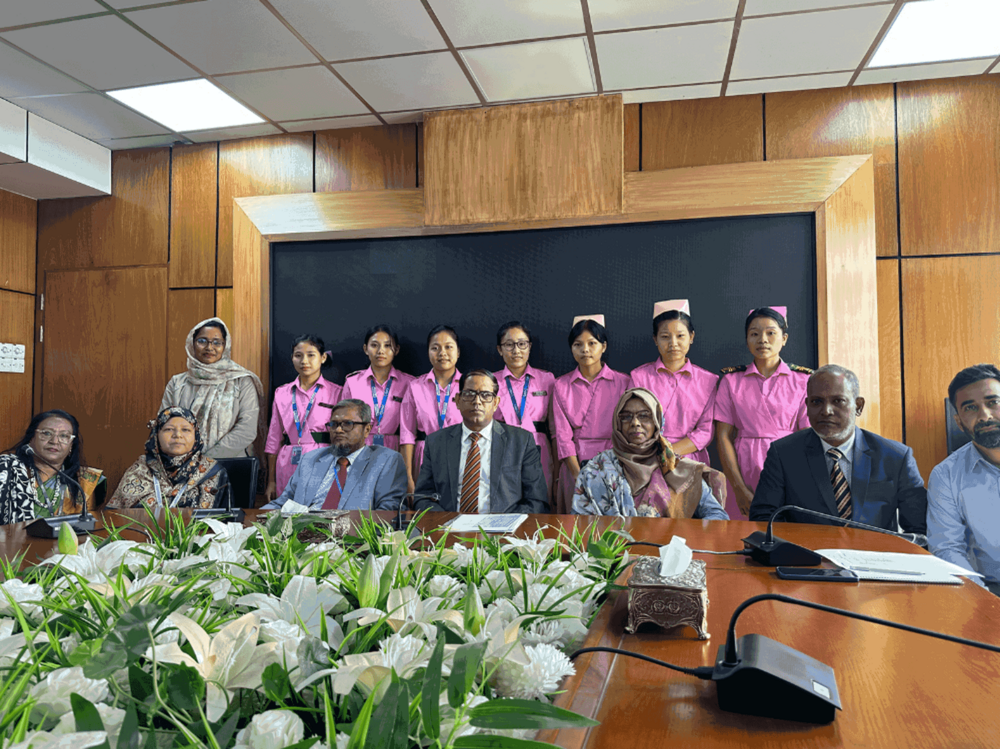
Health system in the Hill Tracts have struggled for generations to provide quality maternity and SRHR services due to the shortage of the health staff. Remoteness, and language and cultural barriers deter the health workers from other districts to work here. Unfortunately, there are a very few health workers and particularly, midwives, from Chittagong Hill Track in the national health system, which is the reason why many health facilities in the region are non-functional. This initiative, by supporting the local girls to enter the midwifery profession, will bridge this gap.
Funded by the governments of Sweden (Swedish International Development Cooperation Agency - SIDA) and Canada (Global Affairs of Canada - GAC) and facilitated by the ministries of Health and Chittagong Hill Tracts of government of Bangladesh, this scholarship will enable the girls to study midwifery from some of the best private midwifery institutions in the country. Says Hla Sang U Kheyang, one of the scholarship recipients: “I never knew how I would ever become a midwife that I always wanted to; the costs involved are so high. With this scholarship, everything has become so real; I could not only become a midwife and serve my community but also dream of higher studies and beyond.’’
A successful model of Public-Private and Development Partnership (PPP), these scholarships are a major milestone in the landscape of equitable maternity and sexual and reproductive health care in the Hills.
This initiative is a part of the bigger work of UNFPA to take Sexual and Reproductive Health services to every corner of the country such that no one is left behind. Midwives from the Chittagong Hill Tracts will be one of the key players in realising this vision in the country by taking services to the unreached communities in the Hills, contributing to achieving Sustainable Development Goal 3 (SDGs) for the country, i.e., reducing maternal death from current 136 per one lakh live births to 70 by 2030 and other SRHR services. Apparently, an education initiative, it is much beyond that; it is creating change makers, the potential lifeline for the ethnic communities, in Chittagong Hill Tracts.
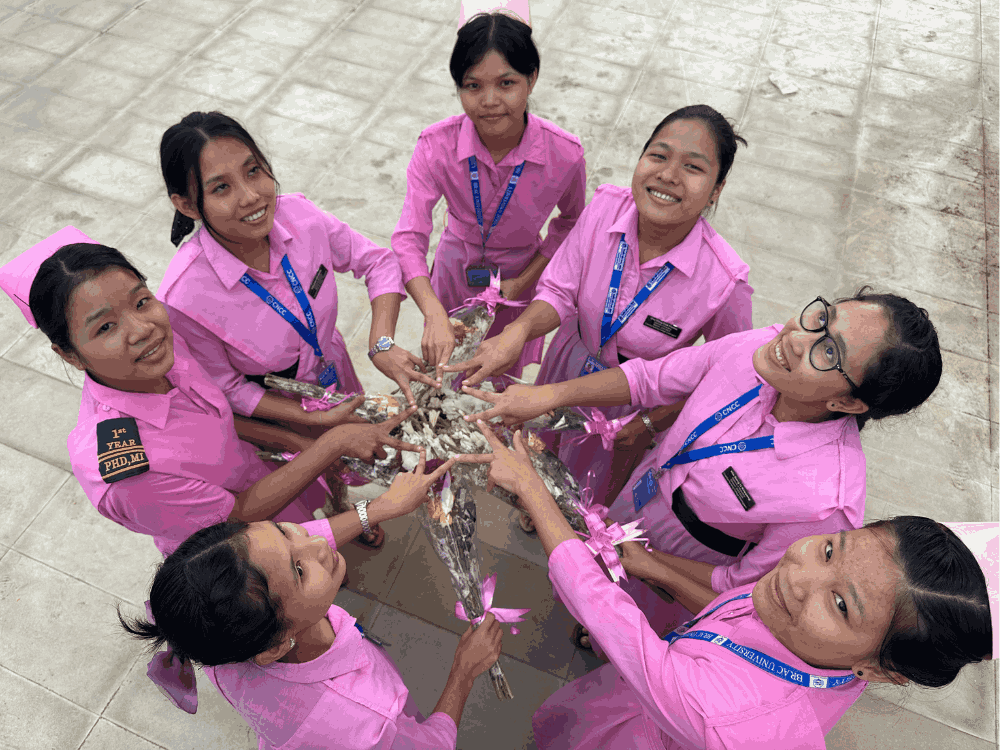
Till date, UNFPA in Bangladesh has supported 17 girls from different ethnic and marginalised communities to become midwives. Where serving, they are not only providing essential maternity and sexual and reproductive health care but also inspiring hope and driving change. This initiative goes beyond addressing immediate healthcare needs; it establishes a foundation for lasting change where every woman, regardless of her location, can access safe and skilled care during childbirth.
To learn more about the inspirational work of midwives and their impact on Bangladesh’s marginalised communities, please read the story here.

